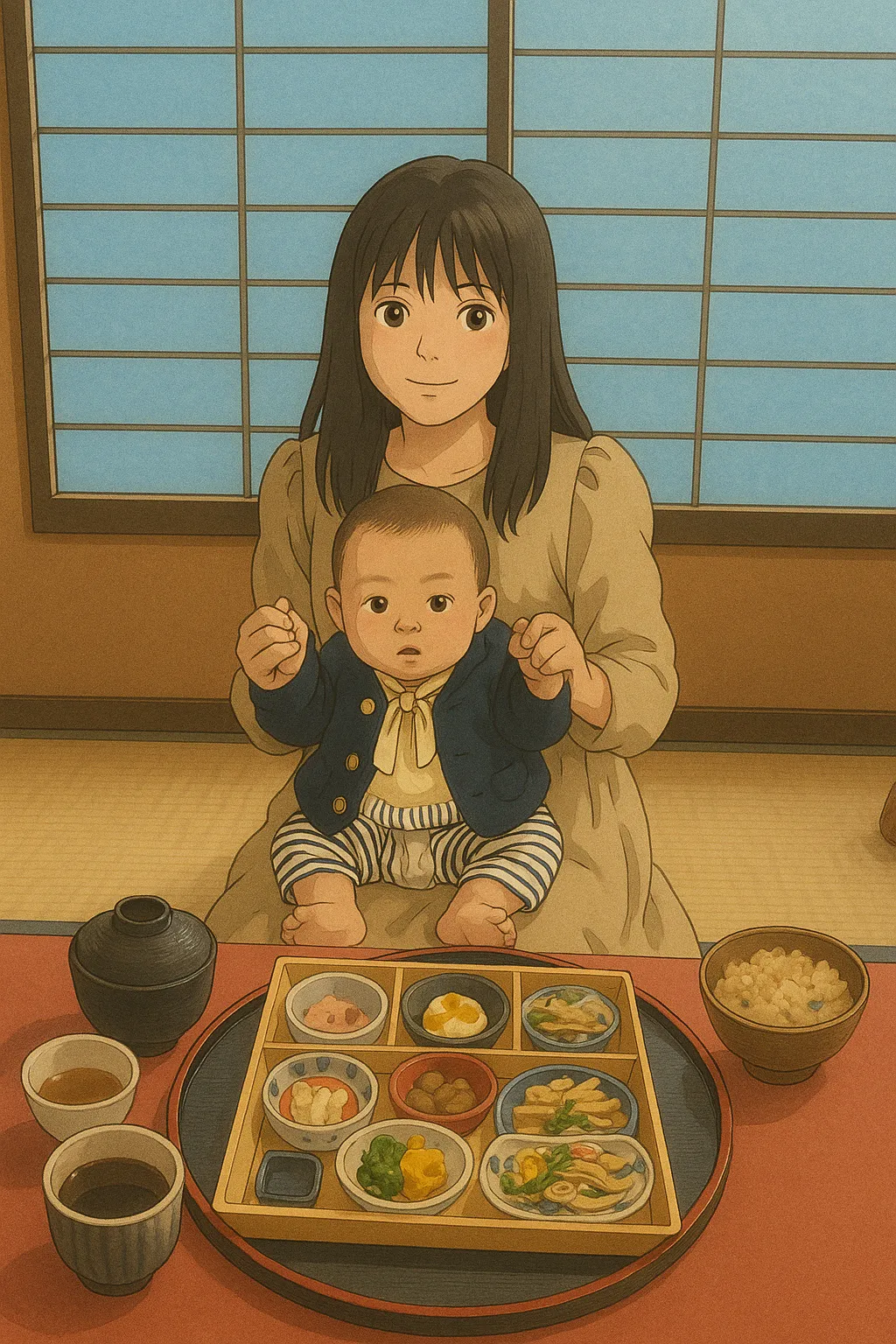Life in Tokyo in My Late 20s with a Wife, a Baby, and Two Dogs (It's Tough)
{title}
I live in central Tokyo—in Arakawa Ward, a slightly run-down, historically immigrant-rich neighborhood near Ueno—with my wife, our newborn son, and two dogs. Living in Tokyo in your late 20s with a family is more challenging than you might imagine. I'd like to share the reality of what it's like to live here with a family.
- Cost of living in Tokyo
- Childcare
- Social life
- Time
April 2025

Cost of Living in Tokyo
My overseas friends often tell me that Japan seems inexpensive, but the reality of Tokyo's cost of living is much higher than they imagine. I live in an apartment in central Tokyo with my family and dogs, and we need at least ¥400,000 per month for basic expenses.
- Rent: ¥200,000 (for a 2LDK apartment in our neighborhood near Ueno)
- Food: ¥100,000
- Childcare: ¥60,000
- Other expenses: ¥100,000 (including taxes!)
If you want to save money, you'll need a monthly income of at least ¥500,000 to ¥600,000. The average annual salary in Tokyo is around ¥4,710,000, which is just under ¥400,000 per month, so most people can't comfortably afford this lifestyle. One way to solve this is by cutting expenses—for example, moving farther away to areas like Saitama or Chiba, where rent can be about half.
April 2025 Son 100 Days Photo

Childcare
Childcare in Tokyo is actually quite supportive. Families receive ¥15,000 per month per child. Upon birth, the city gives around ¥100,000 to ¥150,000 in gift vouchers, depending on your ward. These vouchers cover essential baby supplies like milk and diapers for about six months.
Starting in September 2025, nursery school fees will become free. Currently, there are almost no waiting lists, thanks to effective policies implemented by the governor. Additionally, healthcare costs are completely covered until the child turns 18, including doctor visits and medications. Tokyo's support for children is significantly more generous compared to other prefectures.
Let me share my own experience.
Our child was born at the end of 2024 and has been attending nursery school since April. In Japan, children can attend nursery school as early as 57 days after birth. In Tokyo, nursery places are typically available immediately if you wish.
In the first month after birth, my wife experienced postpartum depression. Our families live in Fukuoka, so we couldn't ask them for support. We didn't know how to handle parenting at first. Thankfully, Arakawa Ward offers counselors specifically for pregnant women and new mothers, available weekdays. My wife visited several times, and within two months she fully recovered.
Now, she primarily stays home with our child, occasionally working part-time—not out of financial necessity, but to maintain social connections due to her outgoing nature.
Our child has already caught COVID-19 and colds. When he had COVID, we visited the emergency room at the University of Tokyo Hospital late at night, which was completely free.
We often buy baby clothes at Nishimatsuya, a store specializing in affordable baby products, where clothes cost around ¥500. Milk and diapers remain almost cost-free for the first six months due to the vouchers.
Overall, Tokyo offers a surprisingly generous childcare environment.
April 2025

Social Life
The biggest challenge in Tokyo is making friends. People in Tokyo generally avoid interacting directly with strangers, yet they absolutely love Twitter. If you're hoping to make friends offline, you might struggle—this is a common issue among both foreigners and locals.
Here are some things I've tried:
If you're looking for offline friendships, attending school significantly improves your chances. It's not ideal (still quite difficult), but working in traditional Japanese companies usually offers almost no chance of developing private relationships.
If you have specialized interests or skills, joining related communities and attending their events might help. For instance, business professionals can visit places like Google for Startups Japan campus. While Japanese people may initially seem distant, meaningful conversations can sometimes lead to genuine friendships.
To build relationships within your local community, consider participating in neighborhood events held at local community centers or sports centers. Although weekdays usually attract older people around their 70s, younger adults in their late 20s often attend weekend or evening events.
Despite trying several methods, none have really worked for me except school. Finding friends in Japan remains incredibly challenging.
April 2025 Son 100 Days Photo

Time
Finally, let me address the concept of time in Tokyo.
Time passes incredibly quickly here.
Tokyo is packed with entertainment, so you can easily spend an enjoyable day alone. The city is designed for convenience, rarely causing stress or inconvenience. Simply riding the Yamanote Line and stopping at any station can keep you occupied all day.
Due to high living costs, taking extended breaks or month-long vacations is almost impossible. Living in Tokyo, you quickly become just another gear in a smoothly running machine.
Finding the time and mental space to reflect on yourself is exceptionally difficult in Tokyo.
April 2025 Son 100 Days Photo
